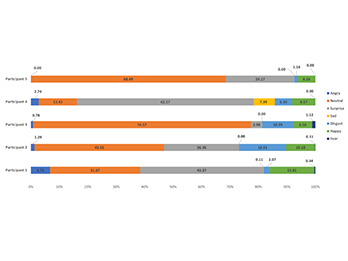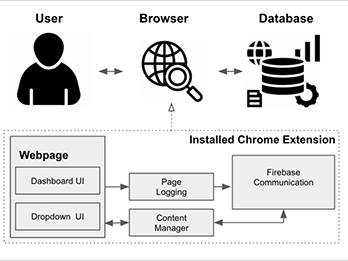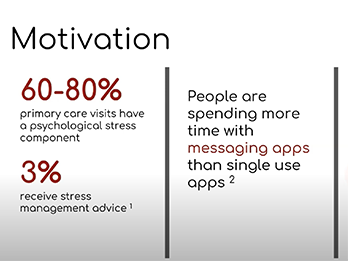Welcome to the Sensify Lab
The Sensify Lab at the University of Delaware is a Human-Computer Interaction (HCI) and Ubiquitous Computing lab in the Department of Computer & Information Sciences. The lab focuses on sensing and data analysis techniques for detecting physical and behavioral phenomena that enable new interactions with technology. Emphasis is placed on human-centered design, the engineering of cyber-physical and software systems that extend user capabilities, and practical applications of technology that address high-value social problems. Areas of interest include education, health & wellbeing, environmental sustainability, human-building interactions, digital and physical making, and games
Recent Projects
Electric Vis
This project explores the relationship between energy lifestyles and sedentary behaviors toward reducing energy demand and promoting physical fitness. Students working on this project are engaged in modifying off-the-shelf energy monitoring technology, aggregating data from wearable fitness trackers, and building new in-home interfaces for residential energy customers. The long-term aim is to explore new efficacious feedback and interventions resulting from the union of these and other data sources.
Community Comm
Misinformation and lack of trust in the media is an increasing problem online. While fact checking by service providers can be effective at mitigating misinformation, poor implementation can result in degrading trust in news systems. Students working on this project are developing crowdsourcing and intervention tools that help to aggregate data about news articles and power community-driven review systems. The long-term aim is to explore recommendation algorithms and how interventions in browsing patterns might improve media literacy.
Character Gen
Procedural generation in games is a fascinating way to expand the capacity of development teams to produce new content. However, most of this work focuses on generating maps and digital assets like trees. Students working on this project are developing procedural generation techniques and deep learning models that rapidly generate interesting and dynamics characters. The long-term aim is to explore character-based creativity support tools that integrate well into game development practices and workflows.
SMIDGen
Recent qualitative studies have begun using large amounts of online social network data to study how users interact with technologies. However, current approaches to dataset generation are manual, time-consuming, and can be difficult to reproduce. Students working on this project are developing an easy-to-use application to assist scientists with collecting, filtering, and understanding their data. The long-term aim is to explore how such tools might improve data quality and the reproducibility of insights generated.
Recent Papers

Toward Computer-Mediated Emotional Monitoring and Burnout Mitigation for University STEM Students.
Workshop Submission of CHI
(2022)
Paper (PDF)

Toward Browser-based Interventions to Tackle Misinformation Online
Workshop Submission of CHI
(2022)
Paper (PDF)
A Suite of Mobile Conversational Agents for Daily Stress Management (Popbots): Mixed Methods Exploratory Study
JMIR Formative Research
(2021)
Paper (PDF)
"Just Follow the Lights": A Ubiquitous Framework for Low-Cost, Mixed Fidelity Navigation in Indoor Built Environments
International Journal of Human-Computer Studies
(2021)
Paper (PDF)
Recent Videos
Designing Interactive Systems for the Built Environment
Uppsala University Talk
(2021)
Video (YouTube)

SAD: A Stress Annotated Dataset for Recognizing Everyday Stressors
CHI2021 Poster Presentation
(2021)
Video (YouTube)
